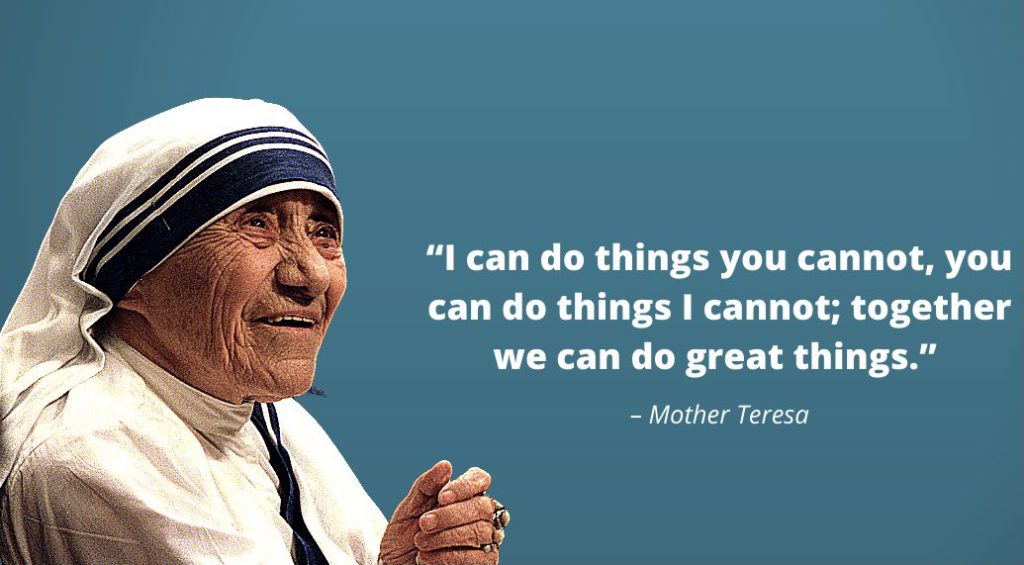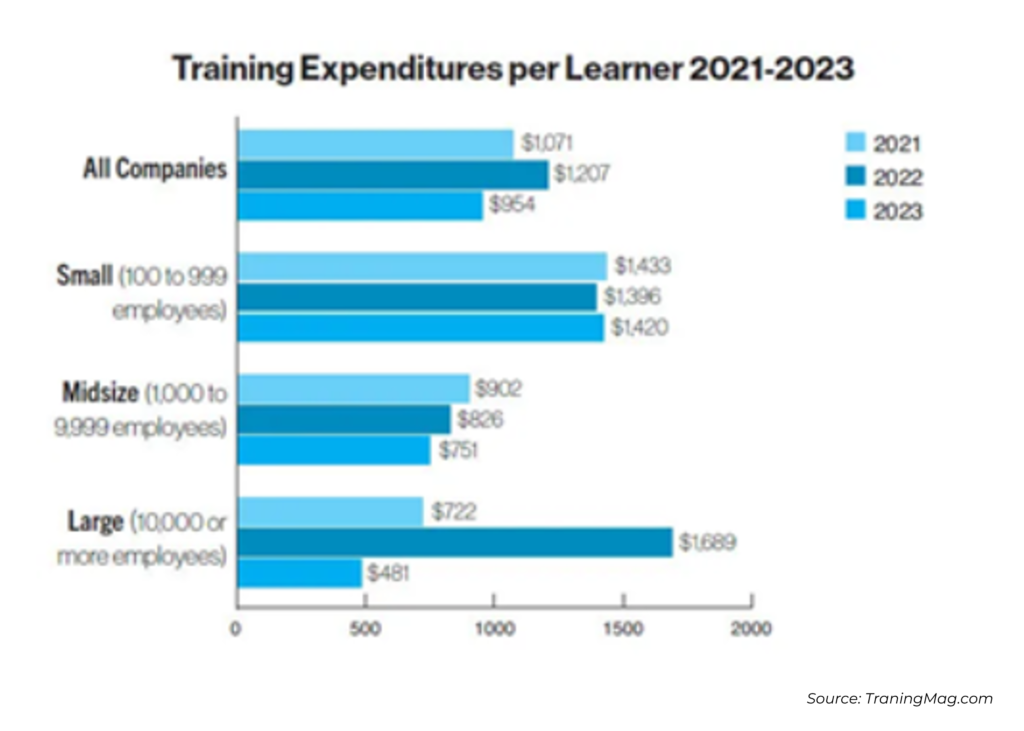The most forward-thinking United Way agencies (and other nonprofits) realize the importance of a solid Volunteer base. Depending on the work you’re doing, you may rely more on fundraising initiatives and less on volunteers. Some charities are so driven to maximize the fundraising aspect of their organizations that they don’t see the broader picture of how volunteers can be another ‘spoke in the wheel,’ working with resource development to exponentially help them reach greater success. And larger organizations may find it even more challenging to discern the contributions of a volunteer base. If these descriptives apply to you, be careful not to neglect the impact that Volunteers can bring to your outcomes.
Like any business, people are a nonprofit organization’s greatest asset — and many of those valuable people are volunteers. Charitable organizations are known for being ultra-conservative with every dollar they spend because every dollar saved to the bottom line is one more that helps someone who desperately needs it. Volunteers are the lifeblood of any nonprofit. Without them, the hard, laborious work of creating sustainable community assistance solutions that address extensive social problems and improve the lives of people in need would suffer unavoidable hardship. Here are some ways you can maximize the impact of Volunteering on your nonprofit.
LIVING THE ‘MANY HANDS MAKE LIGHT WORK’ MANTRA
Anything we want to accomplish is made easier — and better — with a collective of like-minded people dedicated to cooperation.
Meaningful change is rarely the work of one set of hands; more often, incredible things are accomplished when committed individuals collaborate to reach a specific goal. Have your United Way agency (or other nonprofit) adopt a ‘Many Hands Make Light Work’ mantra as an all-encompassing philosophy that rules all stages of your Volunteer Management efforts — from recruiting and registering to scheduling, workflowing, managing and thanking your Volunteers. Shout it on your website and social media platforms. Put it on collateral. Hang banners in your office and at events. Make it a presence at every meeting you have. The more hands you have propelling your work, the less you’ll need to rely on any one individual to give beyond their ability — and the more you’ll prevent burnout. The best teams are ones where everyone rises to the occasion at some point.
MAKE VOLUNTEERING A LINE ITEM IN YOUR RESOURCE DEVELOPMENT PLAN
Beyond whatever algorithms you may use to determine the monetary value of a Volunteer hour, many United Ways (or other nonprofits) don’t dive deeper into measuring the value volunteers bring to an agency. Consequently, volunteering typically lacks a ‘place at the table’ when talking about long-term strategic sustainability, and is often not incorporated into a nonprofit’s broad development or talent plans. The hard truth? Most charitable organizations wouldn’t endure without a formidable Volunteer collective.
Start giving your Volunteer program that ‘place at the table’ in your strategic agency discussions. Ensure that your leadership and Board of Directors know the vital role Volunteers play in — and the heavy lifting they do for — your nonprofit. Help them understand the powerful correlation between volunteers and the success they bring to an organization, and realize that they are more than just a resource: they are a core component of a nonprofit.
INVESTMENT IN VOLUNTEERS IS JUST AS IMPORTANT AS INVESTMENT IN PAID STAFF
In a recent blog, AI training company LearnExperts discussed how much U.S. companies spend on average to train an employee. While the figure has downtrended among larger companies in recent years (according to LE’s research), the average amount nonetheless checked in at just under $1,000 in 2023 — with small organizations spending even more ($1,420 per employee, an increase of +2% over prior year).
Now, do the math: if your nonprofit has even ten employees, you’re spending anywhere from $10,000 to $15,000 annually in training and learning, including executive & senior management hours, classroom and on-the-job training, technology subscriptions, simulations, and more. Your volunteers may not get paid, but they should be considered employees, too. To bring as much value as possible to your nonprofit, they need to know how your organization works, your goals, how performance is taught and measured, how to grow as leaders, how to adapt to changing conditions, and more. Training allows volunteers to be more intentional about the impact they can have on your nonprofit, and the more they can help your success — and realize their own personal growth — they will be more likely to keep volunteering with you. You can never have enough volunteers; the more who are doing the heavy lifting, the less burden on each one, which is critical to preventing burnout by asking too much of volunteers.
TAILOR YOUR NEEDS TO THE TALENTS OF THE VOLUNTEERS YOU’RE RECRUITING
Volunteers can engage with your United Way chapter (or other nonprofit) in multiple ways. They can:
- Educate your audience and potential partners on your mission
- Engage the public to give their hours (doing something as minor as a Saturday Community Cleanup to improve their communities or as major as drumming up support for a large-scale capital campaign)
- Advocate and lobby those who influence legislators to enact laws or regulations that benefit the populations you serve (elected officials, policymakers, lawmakers)
USE THE COUNSEL OF STAFF, BOARD, KEY DONORS TO IDENTIFY THE BEST VOLUNTEER PROSPECTS
Which people are most engaged with your cause? The answer undoubtedly is your leadership and staff. They spend 40 hours a week (at a minimum) pursuing your nonprofit’s mission; nobody knows the ins and outs of the organization like they do. Similarly, your Board of Directors devotes much of their time to strategically steering your organization to higher places. Consult these folks for their expertise in identifying strong volunteer prospects. They likely run in extensive professional and personal circles and know people interested in contributing their time to a great mission: yours! The benefit of recruiting volunteers: hearing ‘I just can’t afford it right now’ usually applies to money donated, not hours. (There goes one of the most common obstacles to support right out the window!) Look at another group heavily invested in your charity — your biggest donors. Like your Board members, they’re highly connected and can help you locate dedicated volunteers who will last.
THE POWER OF DIGITAL MARKETING CAN ENHANCE YOUR VOLUNTEER EFFORTS
- Recruiting, scheduling and tracking Volunteers
- Registering Volunteers online
- Integrating Volunteer information and activities into your more considerable fundraising efforts
- Setting up workflow questions
- Automatically sending waivers and other pertinent information
- Managing day-to-day assignments and rewards


